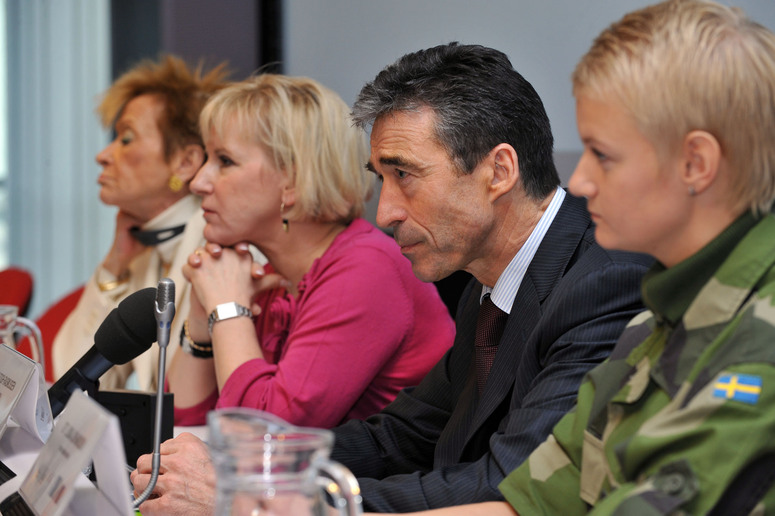Early this month, the Prime Minister’s Office announced that Canada will host a “high-level” summit to discuss maternal, new-born and child health (MNCH). From May 28-30, domestic and global health leaders from the developed and developing world will assemble in Toronto to assess the progress in MNCH initiatives. Various international organizations, not-for-profits, and private corporations will also attend regarding their role in addressing the future demands of this international health concern.
Demographically, women and children living in the global south are more likely to die of preventable health complications. Significant progress has occurred over the past couple of decades. Since 1990, the estimated number of deaths from childbirth has decreased by 53%, while deaths of children have been reduced by 45%. Nonetheless, an average 6.6 million children continue to die annually from such avoidable causes. Canada has taken the lead in confronting this global health dilemma.
 During the 2010 G8 summit, Canada introduced the Muskoka Initiative to collectively address child and maternal health in developing countries. The agreement called for member states to donate an additional five billion dollars between 2010-15 towards hastening the achievement of Millennium Goals four and five. G8 and non-G8 nations eventually organized 7.3 billion dollars with Canada contributing 1.1 billion. According to the World Health Organization and World Bank, the Canadian-led initiative will save the lives of over one-million mothers and children.
During the 2010 G8 summit, Canada introduced the Muskoka Initiative to collectively address child and maternal health in developing countries. The agreement called for member states to donate an additional five billion dollars between 2010-15 towards hastening the achievement of Millennium Goals four and five. G8 and non-G8 nations eventually organized 7.3 billion dollars with Canada contributing 1.1 billion. According to the World Health Organization and World Bank, the Canadian-led initiative will save the lives of over one-million mothers and children.
The Canadian government has been steadfast in its commitments. In 2011, Prime Minister Harper co-chaired the United Nations Commission on Information and Accountability for Women’s and Children’s Health. The recommendations, which called for stronger oversight and data collection, were put towards advancing the UN Secretary General’s Global Strategy for Women’s and Children’s Heath. Secretary General Ban Ki-Moon remarked on Canada’s leadership role in realizing this mission.
Prime Minister Harper has continued to be directly involved and at the forefront of the international scene. Last fall the Prime Minister co-hosted a UN event entitled “Women’s and Children’s Health: The Unfinished Agenda of the Millennium Development Goals,” sponsored by the Bill and Melinda Gates Foundation and World Health Organization. He spoke at length about the necessity of information gathering and international governing. In the midst of the event, Harper announced Canada’s financial support for nine maternal and child health projects aimed at immunization, nutrition, and improved health services in the developing world.
Meanwhile, the government continues to support national organizations that share similar objectives. Under the auspices of the Canadian Network for Maternal, Newborn and Child Health, the government has provided nearly two million dollars in funding to foster collaboration between organizations involved in MNCH work.
Delivering news on the upcoming summit, Prime Minister Harper reaffirmed Canada’s reasons for assuming a leadership role. He stated that “[S]aving the lives of mothers and children is not only a moral imperative, it is also the foundation for building prosperous communities for this generation and the next. With Canadian leadership and the help of partners in Canada and around the world, we can achieve this goal and ensure that all women, newborns and children can live healthy and productive lives.”




